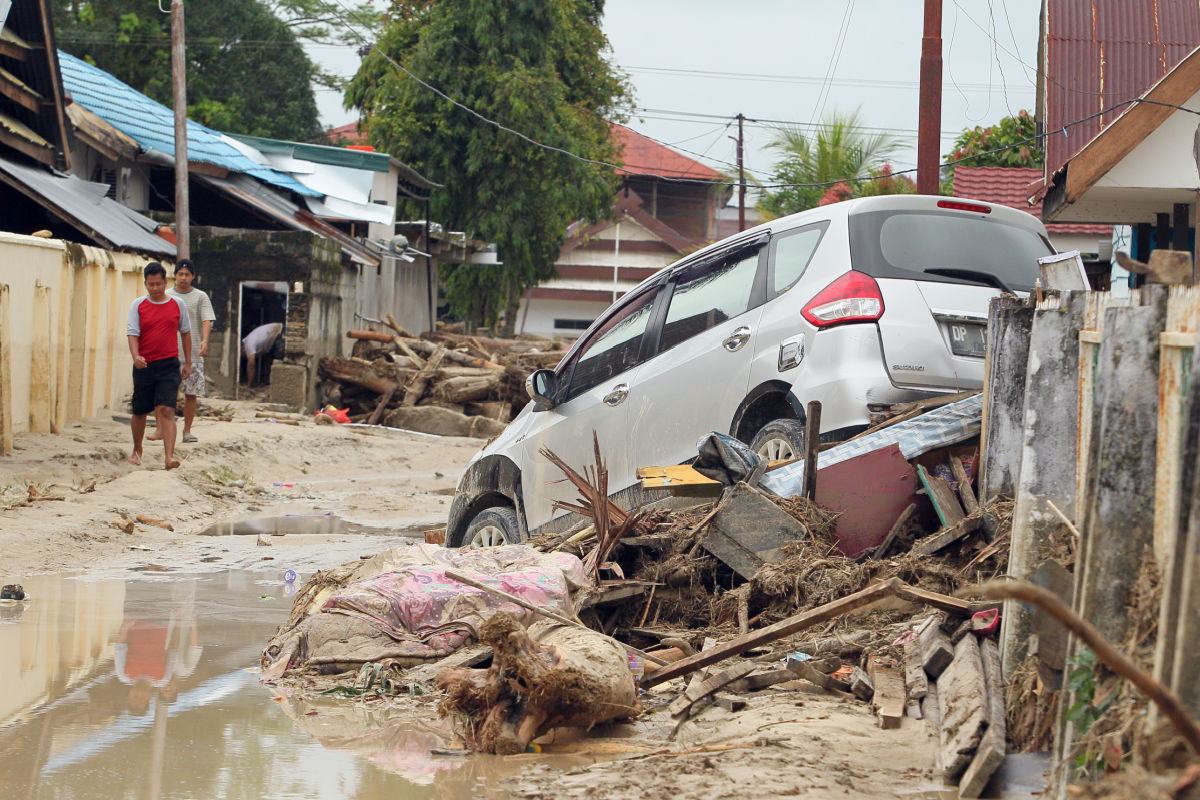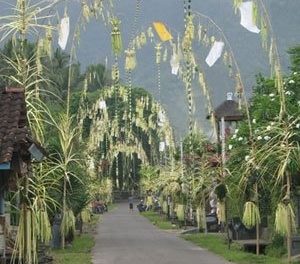In the wake of the tragic flooding disaster in Valencia, Spain, political leaders and academics in Bali are taking notice. Many around the world have been left reeling after witnessing the sheer devastation caused by unprecedented rainfall. The scenes emanating from Europe serve as a stark reminder of the reality we face with climate change.

Calls for Action: Bali’s Response to Climate Threats
Bali’s leaders are urging decision-makers to take the recent events in Spain to heart, emphasizing the need for improved disaster preparedness. It’s a sentiment echoed by many residents who have felt the impacts of climate change firsthand. As someone who has spent time in Bali, I can personally relate to the anxiety that comes with unpredictable weather patterns and the threat of natural disasters.
Mahawan Karuniasa, a lecturer at the School of Environmental Sciences at the University of Indonesia, shed some light on the Valencia incident. He stated, “The flood in Valencia was caused by super rain — a year’s worth of rain fell within eight hours, resulting in catastrophic flooding.” This kind of extreme weather could easily impact a place as tropical and lush as Bali, which is already experiencing significant environmental shifts.
The Importance of Sustainable Infrastructure
Karuniasa further emphasized that it’s not just about building infrastructure; it’s about creating sustainable infrastructure that considers the realities of climate change. Reflecting on my own experiences traveling in Bali, I remember visiting traditional rice terraces that have stood for generations. However, with the increasing conversion of these vital landscapes into commercial developments, Bali’s natural flood management systems are under threat.
Learning from Global Disasters
As we reflect on other global incidents — from flooding in Libya to extreme weather in Greece and Dubai — it’s clear we are not alone in facing these challenges. Bali has the opportunity to cultivate a thriving tourism economy while prioritizing cultural preservation and resilience to climate change. I remember sitting on the beach in Seminyak and thinking about the delicate balance between development and the environment — a balance that is becoming increasingly fragile.
Bali is situated in the “Ring of Fire,” resulting in not just increased risks of floods, but also earthquakes and volcanic eruptions. With changing weather patterns, we can no longer ignore the looming threats of droughts and heavier rainfall. For travelers headed to Bali, being aware of these environmental changes is crucial.
A Call for Community Preparedness
In October 2023, Bali faced a 14-day drought emergency, coinciding with fires at major landfill sites. This experience highlighted the crucial link between environmental management and climate resilience. For those of us who love Bali, witnessing such stress on the landscape is heart-wrenching. When I was there, conversations about water scarcity were frequently on the agenda, emphasizing the need for mindful consumption.
As we moved into the rainy season, regional leaders in places like Kintamani are calling for community cooperation in disaster preparedness. The Acting Regent of Bangli, I Made Rentin, has been vocal about the urgency of these discussions. He aims to gather stakeholders in tourism to educate them on disaster readiness — ensuring that visitors and locals alike are prepared for potential crises.
Final Thoughts: The Path Ahead for Bali
In a world increasingly affected by climate emergency, Bali faces a pivotal moment. It’s not just about reacting to disasters as they happen; it’s about being proactive and strategic in our approach to infrastructure and environmental stewardship. The topic of disaster preparedness is vital not just for locals, but it also provides a meaningful context for visitors to engage with Bali’s natural environment responsibly.
Ultimately, what matters most is preserving human lives and ensuring that we can continue to enjoy Bali’s beauty for generations to come. Are you ready to be part of the solution? Ensuring that our travels are considerate and sustainable is a step towards a healthier planet.






